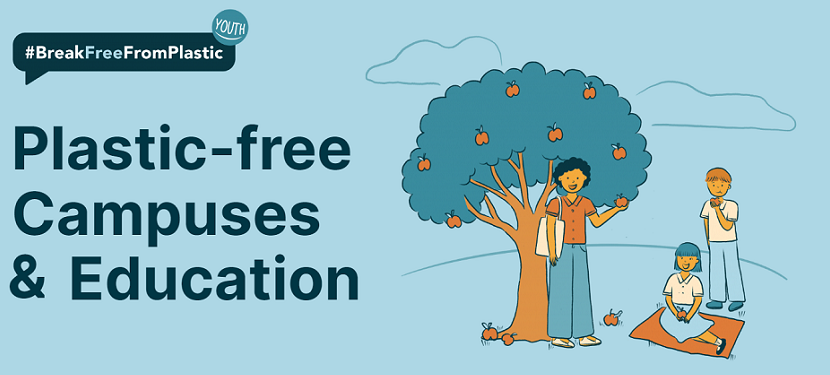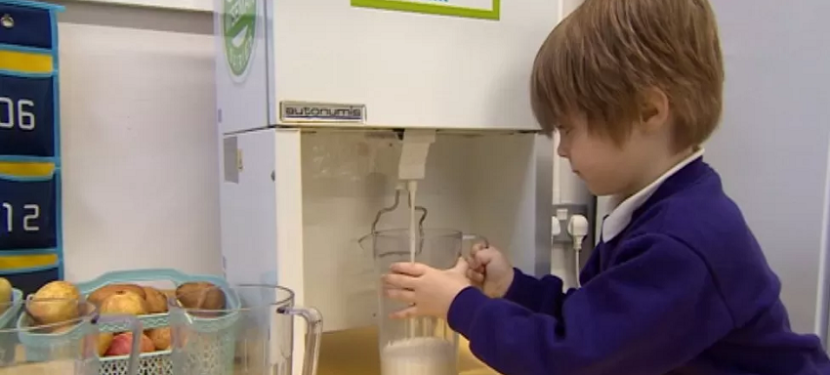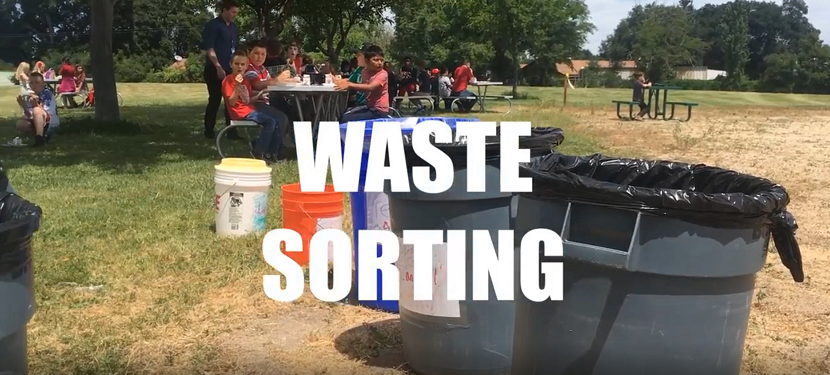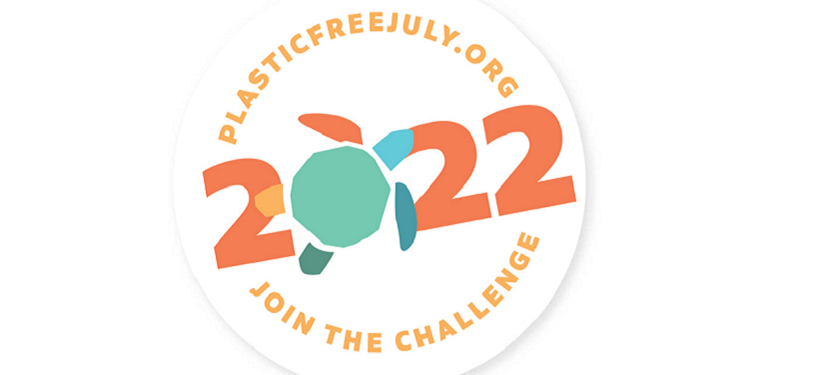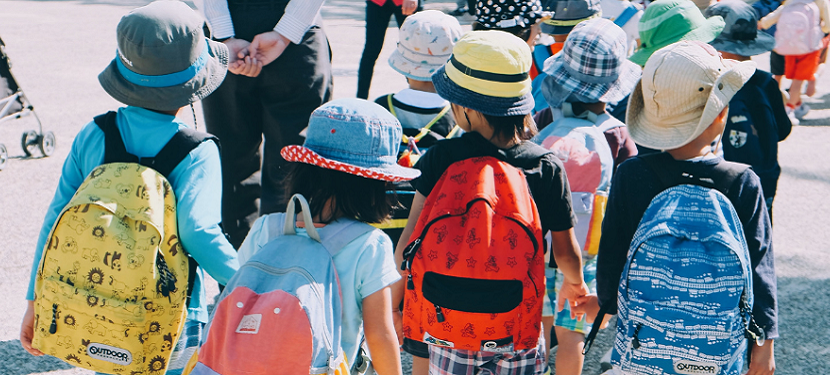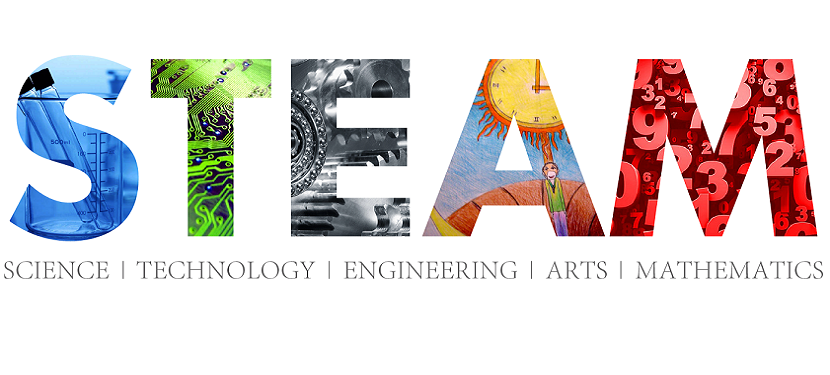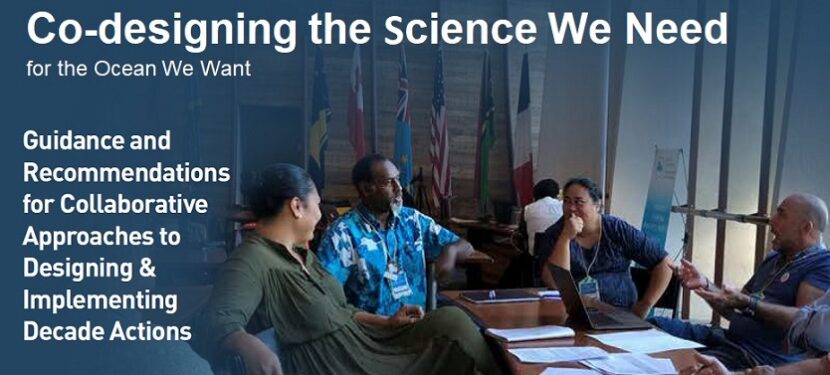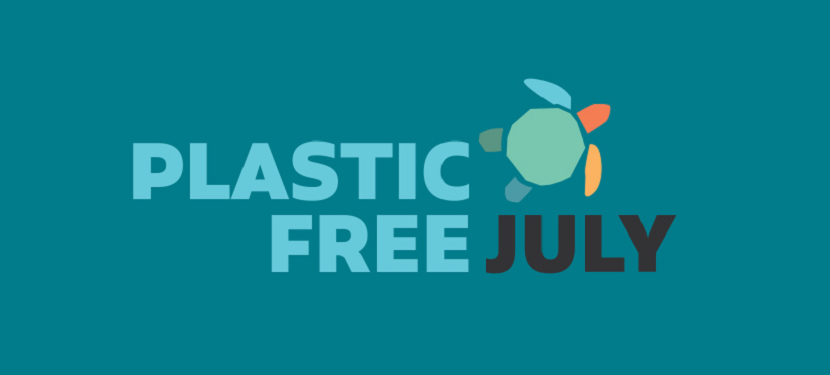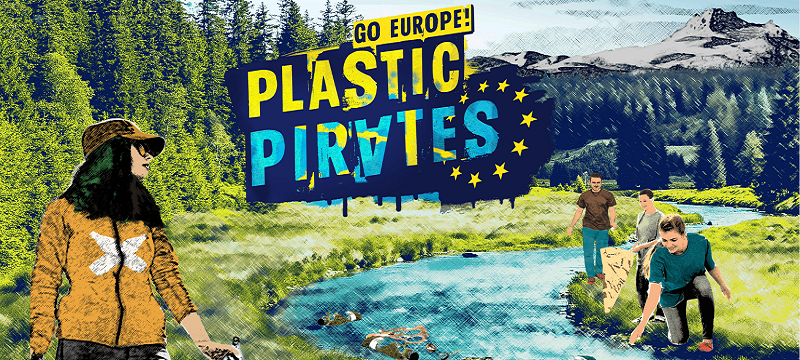Break Free From Plastic has been working on solutions to stop plastic pollution for good, and young people are an important part of reaching this vision!
Youth and education spaces have been driving forces for action and change in the climate, human rights, and pro-democracy movements. Young people need the support, more than ever, to be able to realize this vision of a plastic-free society starting with the spaces where they grow, learn, and flourish—schools!
